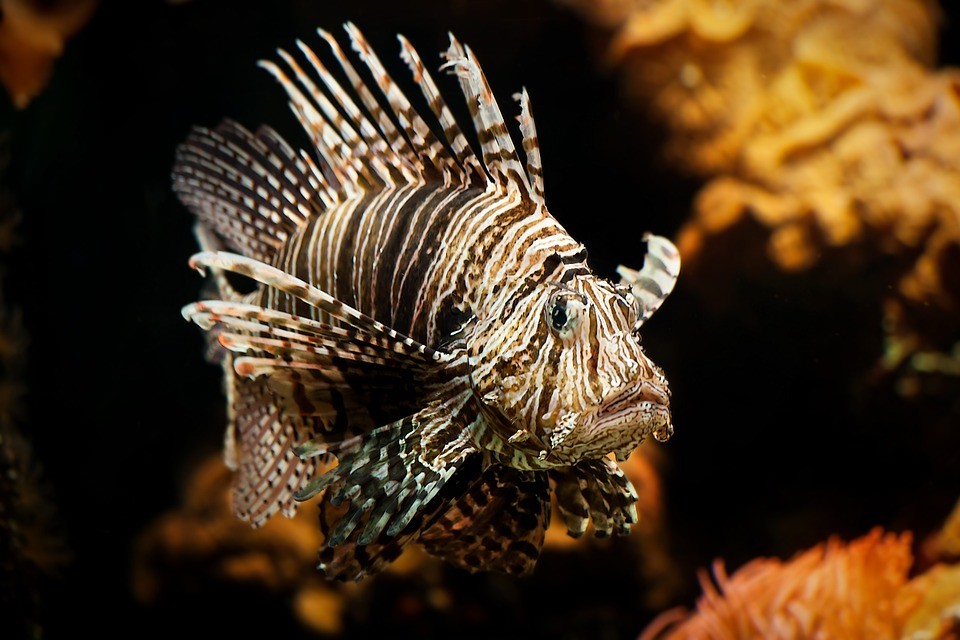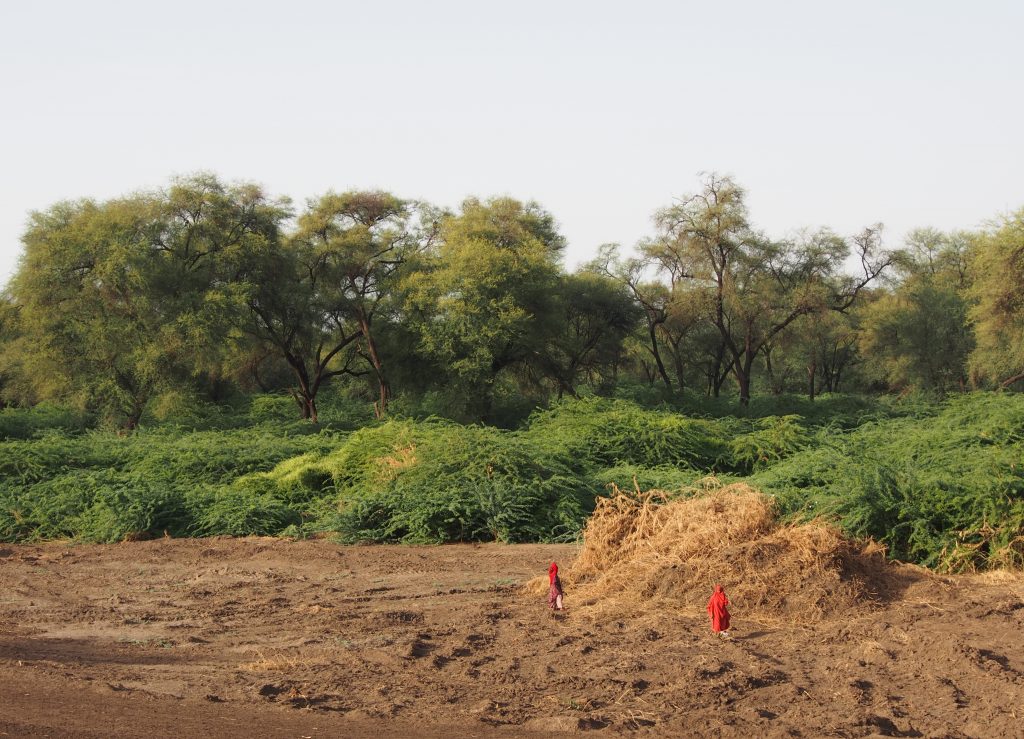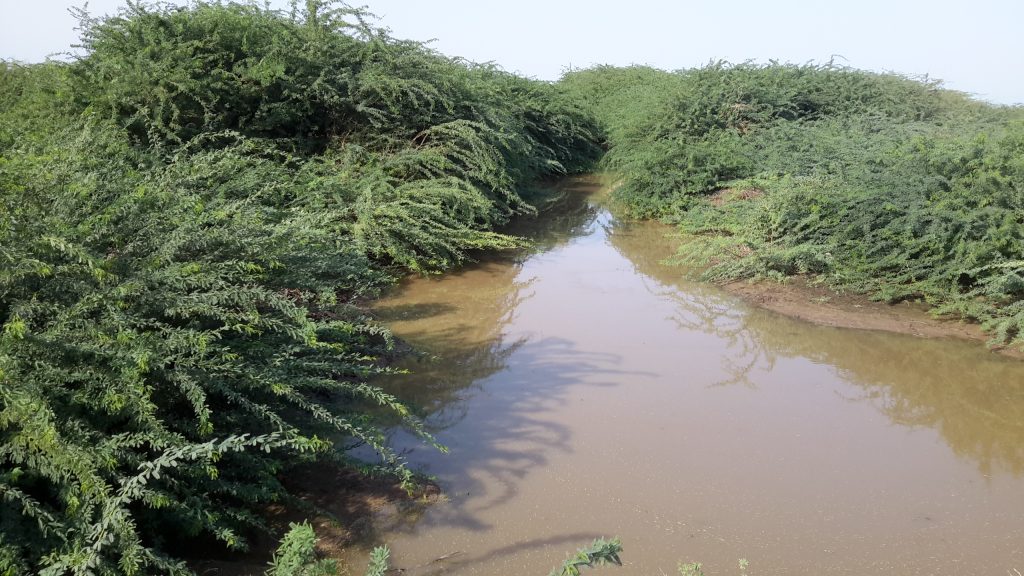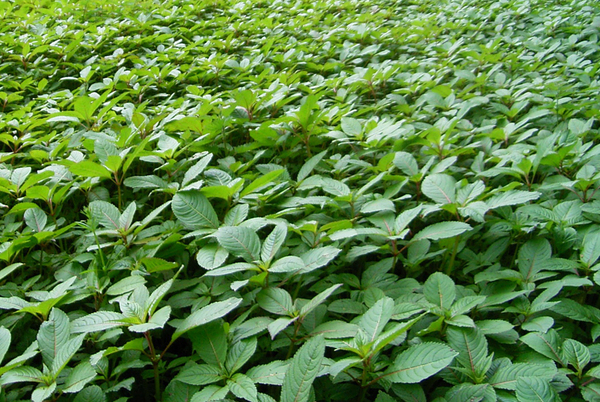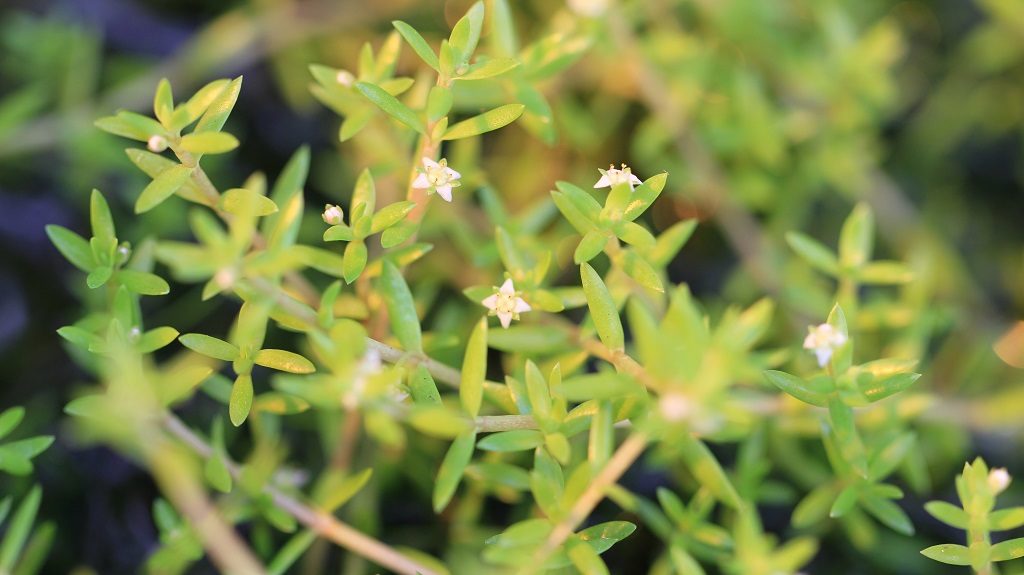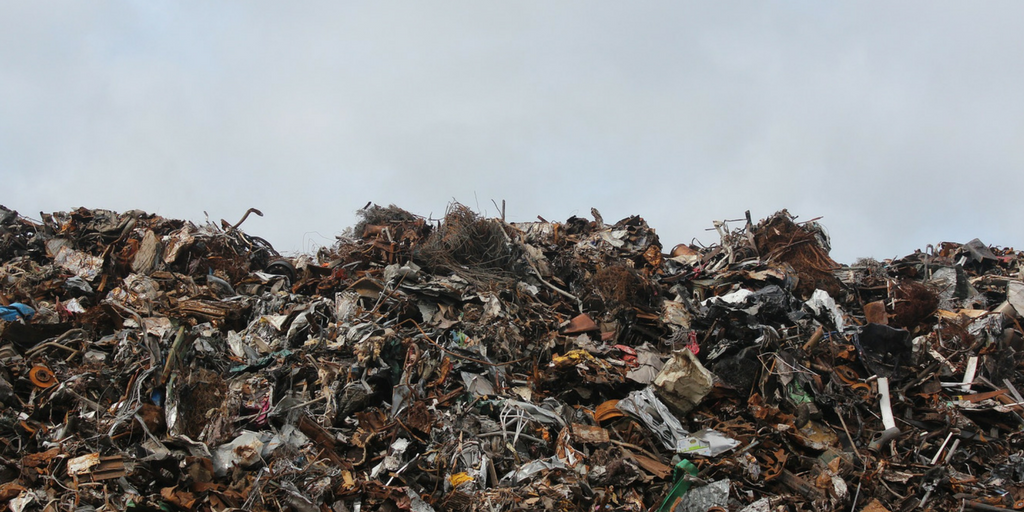Invasion of a predator: Lionfish
By Rebecca Quarterman and Hannah Fielder The majestic, unusual looking Lionfish could be seen as harmless to the untrained eye. Yet, this invasive species has multiplied aggressively over the last two decades to become a serious threat to biodiversity in the marine setting. The red lionfish (Pterois volitans) and the devil firefish (Pterois miles) are…
New study reveals the massive ecological and economic impacts of woody weed invasion in Ethiopia
CABI scientists have revealed the massive ecological and economic impacts that the invasive alien tree Prosopis juliflora has had across the Afar Region of north eastern Ethiopia. Dr Urs Schaffner, who is supervising lead author Mr Hailu Shiferaw for his PhD studies, contributed to the Science of The Total Environment published research which shows that the…
CABI helps map ferocious speed and likely cause of woody weed spread across Ethiopia
CABI scientists have helped map the ferocious speed and probable cause of a devastating spread of the invasive alien tree Prosopis juliflora (Swartz DC) across an area equivalent to half of neighbouring Djibouti in the Afar Region of north eastern Ethiopia. Dr Urs Schaffner, who is supervising lead author Hailu Shiferaw for his PhD studies,…
Largest Invasive Alien Plant dataset is now published online!
By Samantha Garvin. Reblogged from JRS Biodiversity Foundation. CABI has published one of the most complete and current datasets on Invasive Alien Plants (IAP) in East and Southern Africa. This extraordinary dataset is already being translated into new research findings and conservation action on the ground.
Tiny mite could prove a ‘mighty’ weapon in the fight against one of the UK’s most invasive weeds
CABI scientists are stepping up the fight against one of the UK’s most invasive non-native aquatic weeds. Approval has been given for the release of a novel biological control agent – the mite, Aculuscrassulae – to assess its ability in the real-world environment to suppress Australian swamp stonecrop (Crassula helmsii), also known as New Zealand pigmyweed. This…
Invasive species in rubbish dumps: A new challenge for waste management practices?
By Dr Pablo L. Plaza, Dr Karina L. Speziale, and Dr Sergio A. Lambertucci In the current global climate of excess waste production around the world, there is great concern about how waste and dump sites could be a global problem, especially because the amount of global waste is only set to increase in the…
Invasive plants to devastate annual wildebeest migration
According to new research, scientists found that a number of invasive alien plant species initially introduced as ornamental plants at tourism facilities are now spreading rapidly throughout the Serengeti-Mara ecosystem, posing a major threat to wildlife, including the annual wildebeest and zebra migration as well as a range of other plant and animal species.

